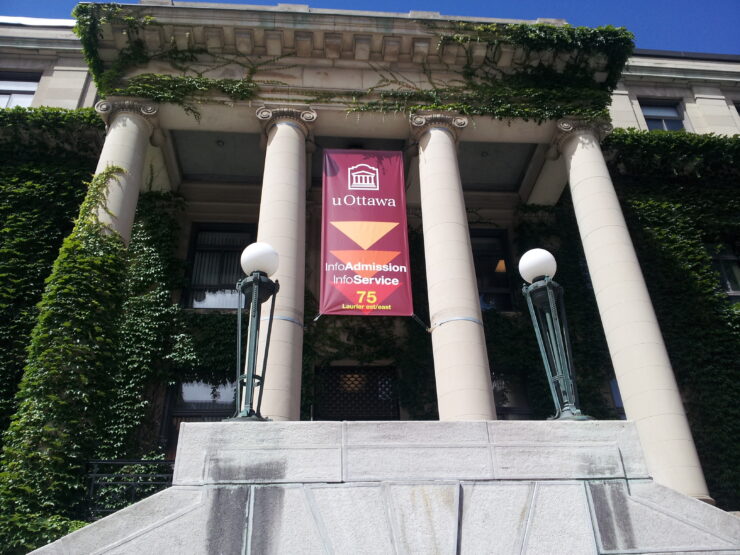OR SHOULD IT BE CONTROLLED AT ALL?
On Feb. 18, the White House announced its decision to take over control of the press pool covering President Donald Trump. This change, revealed by Press Secretary Karoline Leavitt, grants the White House the authority to decide which media outlets participate in the “pool” that attends presidential events and shares coverage with other news organizations.
The American government’s takeover of the press pool has changed journalism and society’s access to information. So why is this a problem for the credibility and impartiality of journalism as a whole?
The press pool has long ensured that multiple news organizations have access to presidential events. It dates back to the briefing room installed during Franklin D. Roosevelt’s presidency when major outlets began rotating coverage to ensure fair access. The system prevents any single media organization from monopolizing White House coverage and stops government officials from picking and choosing who reports on them.
Allowing the White House to control press pool access undermines that principle. If officials can exclude outlets that publish critical reporting, they gain the power to control the narrative.
This opens the door to favouritism and censorship, limiting scrutiny and transparency while completely ignoring the journalistic principles of credibility, accuracy and impartiality.
Instead of independent reporting, the public could receive a carefully curated version of events from a perspective that serves the administration’s interests. A free press should operate without government interference. If the press pool is manipulated to favour certain outlets, public trust in journalism erodes.
People expect balanced and factual coverage, not selectively approved information. When access is restricted, journalists can’t properly hold officials accountable. This shift threatens democracy itself.
However, this issue isn’t isolated to the U.S.
In Canada, specifically Nova Scotia, Premier Tim Houston reinstated press scrums at the legislature after backlash from journalists who accused his government of restricting access. Reporters had been blocked from post-session interviews, raising alarm over press freedom.
Limiting media access to control narratives is a troubling trend, especially when Canadian journalism is already struggling.
As The Maple reports, the industry is “dying” due to media consolidation, government bailouts, and the decline of independent reporting. A prominent example covers that of Conservative leader Pierre Poilievre’s pledge to cut government media funding.
While framed as promoting independence this change could accelerate the collapse of struggling outlets and further concentrate media power. When governments restrict access, whether through media pools in the U.S. or financial pressures in Canada, the public loses. How information is shared can’t be altered without having the risk of being tainted.
Journalism should check power, not serve it. Without independent media, transparency and accountability are at risk.





